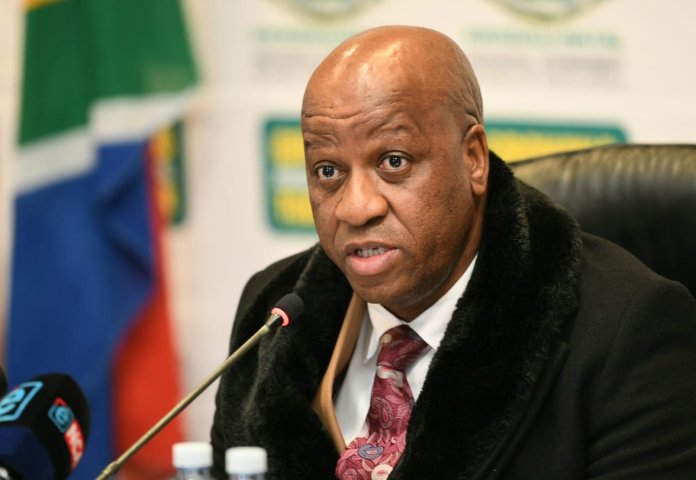KwaZulu-Natal (KZN) Premier, Thamsanqa Ntuli, has reaffirmed the province's dedication to advancing economic development and positioning KZN as a prime trade and investment hub by 2030. Speaking at the ongoing KwaZulu-Natal Trade and Investment Conference at Durban’s Inkosi Albert Luthuli International Convention Centre, Ntuli highlighted the province’s strategic assets, including ports, Special Economic Zones (SEZs), and renewable energy investments, as pillars of growth.
The two-day conference, which began on Monday, has convened investors, industry leaders, and government representatives to explore KZN’s expanding investment landscape. The Premier’s keynote address covered significant milestones, notably developments in the Durban and Richards Bay ports—two of Africa’s largest maritime hubs—and ongoing investment in the Dube Trade Port. This area, adjacent to King Shaka International Airport, has attracted over R2 billion in investment, particularly in warehousing, logistics, and agri-business, positioning it as a cornerstone of KZN’s economic strategy.
Reflecting on the 2019 Provincial Trade and Investment Strategy, Ntuli noted that, while the province aimed to secure R76 billion in new investments and 68,000 jobs by 2024, achieving these targets remains challenging. However, he emphasized that increased efforts in sectors like renewable energy, heavy industry, and the agricultural supply chain will help KZN stay competitive and stimulate job growth.
Strategic Sectors Driving KZN’s Economy
The Premier underscored KZN's diversified energy strategy, including renewable energy sources like biomass and solar. The sugarcane industry, for example, is now contributing to biofuel production, supporting KZN’s vision for a sustainable green economy. Heavy industry also continues to thrive, with the Richards Bay Industrial Development Zone (RBIDZ) fostering growth in metals like aluminum and steel, which boosts exports and provides local employment.
KZN’s agriculture sector, already strong in sugar refining, dairy, and timber processing, has also seen new investments, supporting ancillary industries such as pharmaceuticals and packaging. Ntuli noted that KZN’s proximity to major ports makes it a key player in food and beverage exports.
Tourism and Hospitality
Tourism, another cornerstone of KZN’s economy, is gaining momentum with significant investments in hospitality and infrastructure. Recent openings, such as the Hilton Hotel’s return and the renewed Durban Beach promenade, are expected to attract more visitors. Ntuli stressed that KZN should enhance its visibility in global travel markets and become a preferred destination for international tourists.
Tapping into the African Continental Free Trade Area (AfCFTA)
Ntuli urged stakeholders to leverage the AfCFTA, granting KZN access to a $3.4 trillion African market, which presents untapped opportunities for trade expansion. The Premier also emphasized the potential for KZN to lead in electric vehicle (EV) component manufacturing, taking advantage of Africa’s growing EV market and advancing the province’s automotive manufacturing sector.
Public-Private Partnerships and Infrastructure Resilience
Acknowledging challenges in freight rail and port operations, Ntuli called for more public-private partnerships to improve efficiency. He highlighted ongoing projects in green hydrogen, biomass, and digital innovation, which align with KZN’s sustainable development goals. Collaborations with universities and tech companies are crucial to building a skilled workforce, especially for sectors like IT, finance, and business outsourcing, that support KZN’s evolving tech and logistics ecosystem.
Inclusive Growth and a Call to Action
The Premier emphasized that KZN’s economic growth must include municipalities, cities, and rural communities, with local governments and rural stakeholders actively engaged in economic initiatives. He stressed the importance of resilient infrastructure, sustainable energy, and equitable growth to ensure that all regions benefit from the province’s economic advances.
In closing, Ntuli called on all stakeholders to commit to a unified vision for KZN’s future, focusing on inclusive economic development, trade expansion, and sustainable growth to secure the province’s role as a leading economic powerhouse in Africa.











